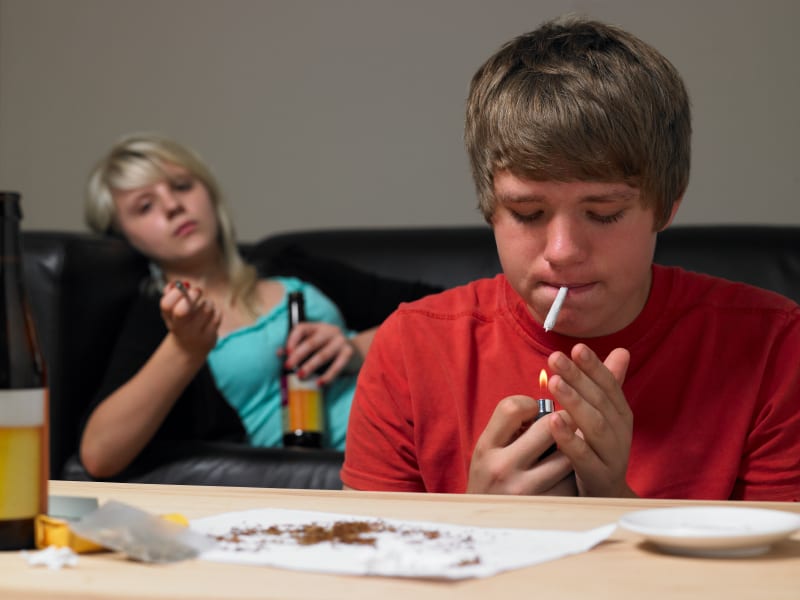The Drug Lady came to 8th grade this week.
You may think I’m joking, but that’s what the kids at our school call the prevention specialist who visits our 13 and 14 year olds for a week each year as they prepare to face high school’s chemical perils.
One student saw her in an airport security line and called out “Hi, Drug Lady!” which led to a long visit in a private screening room and the Drug Lady missing her flight.
True story.
I love the Drug Lady almost as much as the kids do.
Parents are not allowed to sit in on the sessions the Drug Lady leads with the 8th grade, but fortunately we adults are allowed one 90 minute session with her at night.
I’ve been three times in three years. I compile iPad notes for the other parents who can’t make it. All last week, I looked forward to seeing her more than Friday’s opening of Zero Dark Thirty.
Her real name is Brenda Conlan [http://brendaconlan.com/]. She travels the world teaching teenagers and parents about the risks and realities of drug and alcohol use today. She also is as funny as a stand-up comedienne.
Let’s just say, I owe her a debt I could never have imagined owing anyone.
Three years ago, before my first encounter with the Drug Lady, I thought I had it all figured out. I was a responsible parent; I knew how to talk to my three children about alcohol and drug use. My key messages to them went something like this: I experimented as a teenager, learned a few lessons the hard way, had a few hilarious adventures with my friends, and turned out okay. So will you.
The translation to my kids, I later learned, was: go ahead and drink and use drugs all you want. Mom won’t care.
It is hard to admit what an idiot I was.
The Drug Lady gently set me straight.
Today’s world is different, she explained.
We know much more about how drugs and alcohol damage kids’ brains than we did in the 1970s.
The laws and penalties are far more severe today for underage drinking, drug use, and driving under the influence.
Kids drink differently now – they binge on hard alcohol to get drunk before parties or on short breaks between parties.
And the drugs themselves are more potent, more likely to be laced with toxic chemicals.
The Drug Lady told me that I was just lucky I turned out okay.
Did I have any friends who overdosed, who crashed their parents’ cars, who went to jail or the morgue? she asked.
(My answer: Um, yes.)
She told me it would be unwise to extrapolate my good luck 30 years ago to my kids today, given my survey size was one person.
Let’s just say, that was a big aha moment for me.
Other nuggets of wisdom: she taught me how to tell my children, in simple, plain language, why I don’t want them to drink or try drugs.
After that first session, I went home, sat my kids down, and repeated exactly what she had said:
“I trust you. I don’t trust drugs and alcohol. They can be very dangerous, especially to teenagers. I don’t want you doing anything dangerous because our family loves you more than anything and we would never recover if something bad happened to you.”
I know how I would have felt if my parents had said that to me when I was 13 – loved.
The Drug Lady also told us that, in addition to repeating this message over the years, it would be wise to react with shock and dismay if any of our kids got drunk or used drugs, or if their friends got caught by their parents or suspended from school for drug or alcohol use.
My parenting instinct was to low-key the whole thing – you know, to be the cool parent.
Not so cool, according to Brenda.
Instead, she advises (without shaming the kids or going overboard) words like this: “I am really disappointed. You let me down by doing something so dangerous. You could have been seriously hurt. You have to promise you will never do this again.”
She said it was fine to tell the truth about my teenage dabbling, but not to glorify it by telling funny stories with happy endings. Better to focus on how and why I eventually stopped.
She reminded us that kids don’t consider alcohol a beverage, any more than they think of pot as a plant: Substance usage is an adventure, an experience, an escape from how painful being a teenager can be.
She cited research that proves that teenage brains and body chemistry are far more susceptible to addiction than adult brains, so delaying first usage can be a valuable strategy to avoid lifelong problems.
It is hard to admit how much her observations reminded me of my own teenaged brain and behaviors, 30 years ago. I could have used The Drug Lady’s advice back in the 1970s as much as I need it now. And that’s another truth I shared with my kids.





